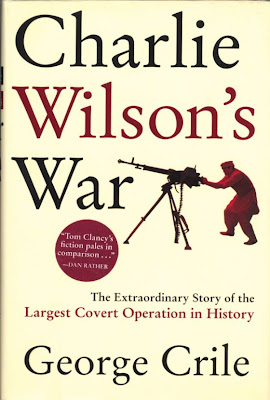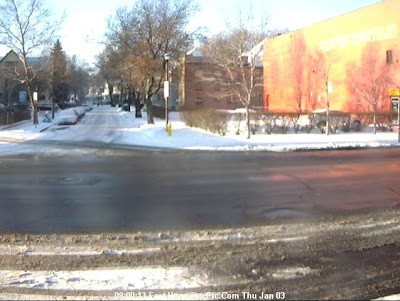Thank you for contacting Regional Transit. Bus operators are required to de-board all passengers, secure the vehicle, and shut the doors for any scheduled break. If you need additional information please feel free to contact me at the number listed below.A driving wind chilled the 45 degree air temperature to 33 degrees. The rain felt like sleet as it stung exposed flesh.
Sincerely,
Robert H. Beverly
Customer Advocacy
Sacramento Regional Transit District
916.557.4545
916.456.1752 fax
cad@sacrt.com
The No. 82 bus was parked and dark with the doors closed. No driver in sight. Three of us -- me, a woman and a man -- had arrived on the outbound train at 7:20 p.m. We were all getting very wet and very cold very quickly. The No. 82 wasn't scheduled to leave until 7:28 p.m.
Thank you for contacting Regional Transit. Bus operators are required to de-board all passengers, secure the vehicle, and shut the doors for any scheduled break. If you need additional information please feel free to contact me at the number listed below.The three of us milled around in the rain outside the dark bus. I was hoping a driver would magically appear. I don't know what the woman was thinking. She had the hood of her jacket pulled tight around her face. The other member of our party was drunk. My first indication of how drunk he was came when he hit me.
Sincerely,
Robert H. Beverly
Customer Advocacy
Sacramento Regional Transit District
916.557.4545
916.456.1752 fax
cad@sacrt.com
And then he kept hitting me around my shoulders and upper arms. I looked at him. He stood about six inches shorter than me, and was skinny for his size. Looking at him slap my jacket I wondered if he was knocking some of the water off. That would be helpful, I thought.
He didn't say anything as he hit me, each blow noticeably more forceful. I got the impression that this was a drunken version of greeting. I was struck with a mental image of two drunks knocking each other down saying hello. While I tried to ignore the guy he managed to get one arm around my neck in a drunken embrace.
"It's just too cold to stand out here," I told the guy.
I walked over to the nearest bus stop shelter, my albatross hanging from my neck and banging on my back. Once we were sheltered from the wind, the guy lost interest in me. He found a white plastic bag and searched through it.
Thank you for contacting Regional Transit. Bus operators are required to de-board all passengers, secure the vehicle, and shut the doors for any scheduled break. If you need additional information please feel free to contact me at the number listed below.The woman waiting with us for the bus watched silently. When my albatross and I went over to the bus stop shelter, she followed. But the guy pounding on me clearly dismayed her. She went back into the rain, returned to the shelter and left again. Eventually she walked to another shelter and waited alone.
Sincerely,
Robert H. Beverly
Customer Advocacy
Sacramento Regional Transit District
916.557.4545
916.456.1752 fax
cad@sacrt.com
The guy lost interest with the bag and returned to me. He said something that didn't make any sense. He hit my shoulder a couple of times and said something else.
"It is just too cold," I told him as I watched the wind turn the rain into waves of knives.
Thank you for contacting Regional Transit. Bus operators are required to de-board all passengers, secure the vehicle, and shut the doors for any scheduled break. If you need additional information please feel free to contact me at the number listed below.In the distance I saw a round shape emerge from the dark. It looked like a large beach ball. As it got closer, I could distinguish the oversized umbrella and equally round driver. She wasn't in a hurry. Her progress, viewed from my frozen perspective in the bus stop shelter, appeared glacial.
Sincerely,
Robert H. Beverly
Customer Advocacy
Sacramento Regional Transit District
916.557.4545
916.456.1752 fax
cad@sacrt.com
The drunk left me and walked to the bus. He met the driver as she arrived. They appeared to say something to each other. It was too far away for me to hear and frankly I didn't care. Then the guy disappeared. I guess it wasn't his bus.
I got to the bus at the same time as the woman who had been waiting. We didn't wait to be invited aboard by the driver. We didn't even wait for the driver to turn on the interior lights. We took seats and tried to warm ourselves.
Thank you, very much, Sacramento Regional Transit.












